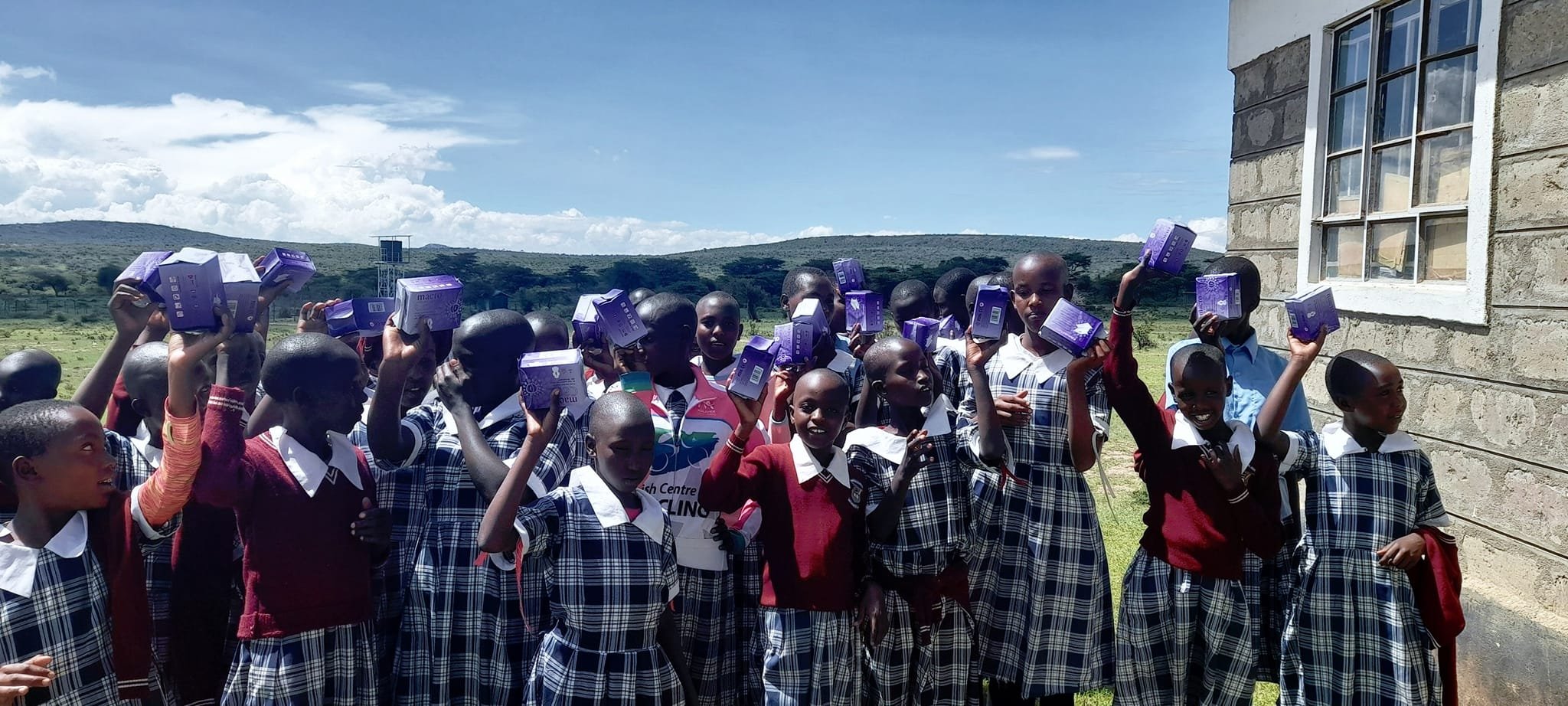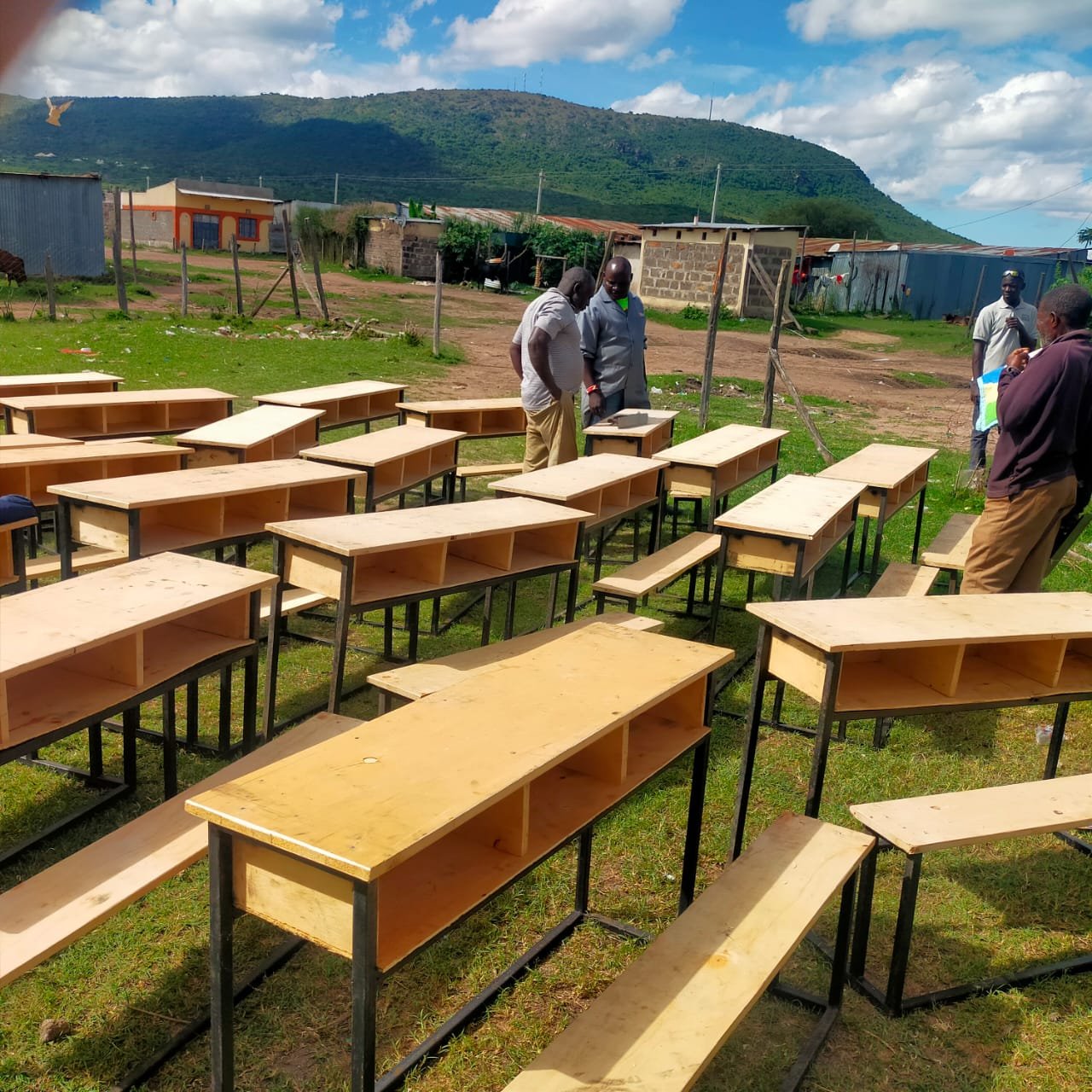
Making an impact in Kenya.
Providing sustenance and sanitation to empower the next generation of Maasai to find its highest potential.
The Maasai are an indigenous group native to Kenya and northern Tanzania. Rich in culture, they have retained most of their traditions and co-exist with wildlife in the region. As semi-nomadic cattle and goat herders, the Maasai’s pastoralist way of life has clashed with modern lifestyles and led to encroachment of their communal territory by outsiders, resulting in the loss of large swathes of their land to make way for development.
Picture yourself as a child walking five miles to and from school across treacherous terrain, hungry, while navigating past dangerous animals such as lions, elephants, and buffaloes. This is a daily routine for children throughout the Maasai Mara region of rural Kenya. Sometimes these obstacles prove to be too great and children leave school for good to work to help their families survive. They struggle and often never thrive. World Without Barriers aims to change this reality.

By specializing in providing quality education in underserved areas around the world and focusing on the most marginalized groups, such as girls and indigenous communities, we strive to elevate those most vulnerable.
As part of our Africa strategy, we support seven schools in the Maasai Mara region with necessary educational improvements and supplies (e.g., classrooms, desks, writing materials, sports equipment, sanitary materials, etc.) and school lunches, as well as provide mentoring, curricula development, and community outreach. We work with partner NGOs on a variety of projects and with the Kenyan Ministry of Health on vital health education initiatives.
When drought hit the region hard, children still trekked to and from school, but they spent the day hungry. We expanded our support and commenced a comprehensive school lunch program with assistance from the community and schools. Attendance rates at the schools we support have improved by as much as 200%+. Thanks to our donors, thousands of children now receive a hot lunch daily and can continue their studies.
When girls in the area reach adolescence, they often cease to attend school and never reach their full potential. Sanitary materials are expensive, and without them girls must stay home from school for up to a week at a time. They fall behind in their studies and eventually drop out of school altogether.

WWB provides regular deliveries of sanitary materials for adolescent girls at the schools we support, along with mentoring. Retention rates have skyrocketed, and these girls now have a better chance at achieving educational parity compared with their male counterparts.











